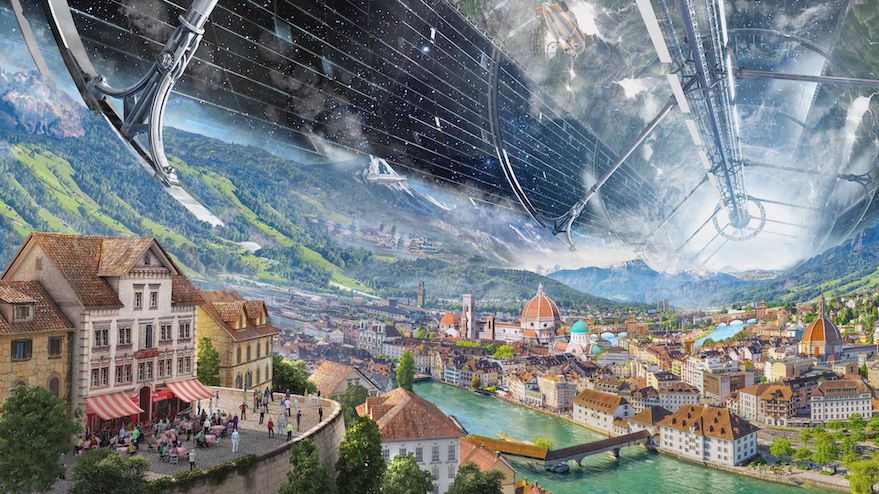Extremely happy to be able to already share with you the two videos from our last salon🚀! We gathered not one but three individuals who have been pre-eminent luminaries in their fields for 30 years to discuss their alternative approaches to the current AI paradigm: Kim Eric Drexler, Robin Hanson, and Mark S. Miller.
Allison Duettmann (Foresight Institute) discusses alternative approaches to the current AI paradigm with three individuals who have been pre-eminent luminaries in their fields for 30 years: Eric Drexler, Robin Hanson, and Mark S. Miller.
Eric Drexler:
Drexler is widely known for his seminal studies of advanced nanosystems and scalable atomically precise manufacturing (APM), a prospective technology using arrays of nanoscale devices to guide chemically-reactive molecular encounters, thereby structuring matter from the bottom up. Drexler’s current research explores prospects for advanced AI technologies from the perspective of structured systems development, potential applications, and global implications. Key considerations in this work include advances in AI-enabled automation of AI research and development, and the potential role of thorough automation in accelerated development of comprehensive AI services.
Mark S. Miller:






